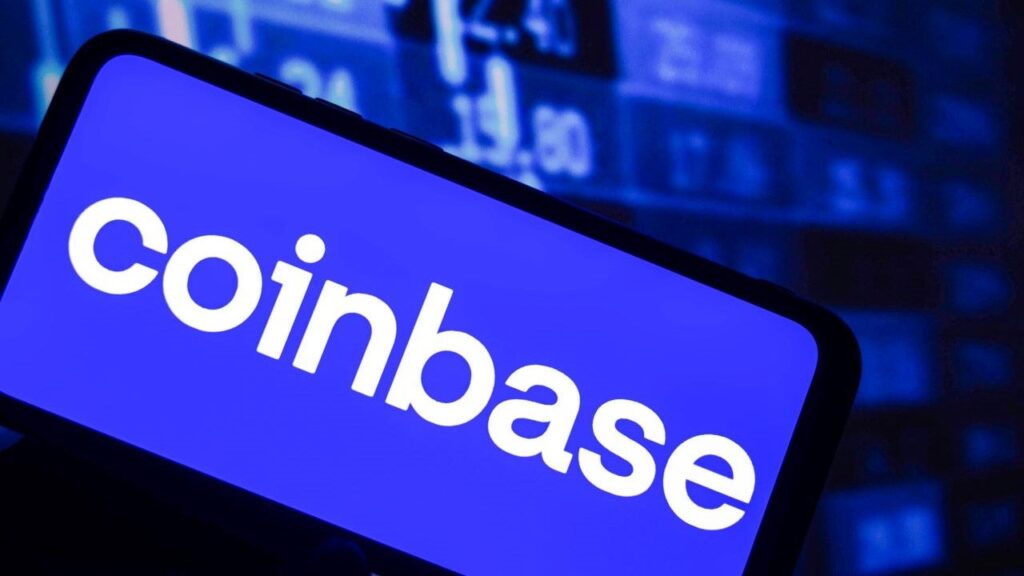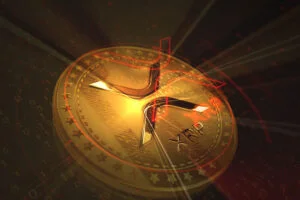- Peter Schiff proposes USAcoin as a government-backed digital currency, suggesting a capped supply of 21 million coins.
Schiff opposes a Strategic BTC Reserve, previously advocating for selling the US government’s Bitcoin holdings.
Senator Lummis and Matthew Sigel suggest that the Bitcoin Reserve could reduce US national debt by 36% by 2050.
Peter Schiff, a renowned economist and voca critic of Bitcoin, recently shared his stance on a Strategic Bitcoin Reserve (SBR). In a post on X, Schiff suggested that the US could save considerable money by creating a ‘USAcoin’ instead of investing in a Bitcoin Reserve.
He elaborated that the USA Coin should have a capped supply of 21 million, just like Bitcoin, but with a blockchain upgrade to ensure its practicality for everyday transactions. Schiff’s suggestion aims to create a government-backed digital currency, differing from Bitcoin’s decentralized nature.
Schiff Shifts Stance with USAcoin Proposal
Schiff has consistently opposed the idea of the US creating a Strategic BTC Reserve. He has previously suggested that one of the best moves the Biden administration could make would be to sell the US government’s Bitcoin holdings. Schiff believes such an action would end the “nonsense” surrounding the creation of a BTC Reserve and further solidify his critical stance on the cryptocurrency.
Senator Cynthia Lummis, sponsor of the Bitcoin Act 2024, has suggested using the BTC Reserve to lower the $36 trillion national debt. Matthew Sigel from VanEck also outlined a scenario where the reserve could reduce 36% of the national debt by 2050. However, Schiff’s proposal for the USAcoin presents an interesting shift in his stance.
Although he remains opposed to BTC, he acknowledges the growing importance of digital currencies. The idea of a centralized, government-backed cryptocurrency reveals a partial acceptance of blockchain technology while rejecting Bitcoin’s decentralization. Schiff’s plan for the USA Coin suggests a controlled, authoritative system in which the government would oversee the issuance and regulation of the currency.
Schiff’s Opposition to Bitcoin’s Decentralization Explained
Critics have questioned Schiff’s true motives, considering his past characterization of BTC as a speculative bubble driven by influencers and early investors. By proposing a government-backed digital currency, Schiff seems to accept that digital currencies have value, but his discomfort with BTC lies in its lack of centralized control.
Schiff’s stance reflects a broader debate within the financial community about the role of cryptocurrencies. While BTC supporters advocate for decentralization to empower individuals and reduce reliance on traditional banking systems, critics like Schiff argue that government involvement is necessary to ensure stability and trust.
Despite the objections from critics like Schiff and Carter, some experts believe that a Strategic BTC Reserve could ultimately benefit the US economy. Ki Young Ju, CEO of CryptoQuant, has voiced support for the idea, suggesting that it could provide a viable solution to offset the national debt.
Read Also: SEC Approval of Crypto ETFs Marks a New Era for Bitcoin and Ether


